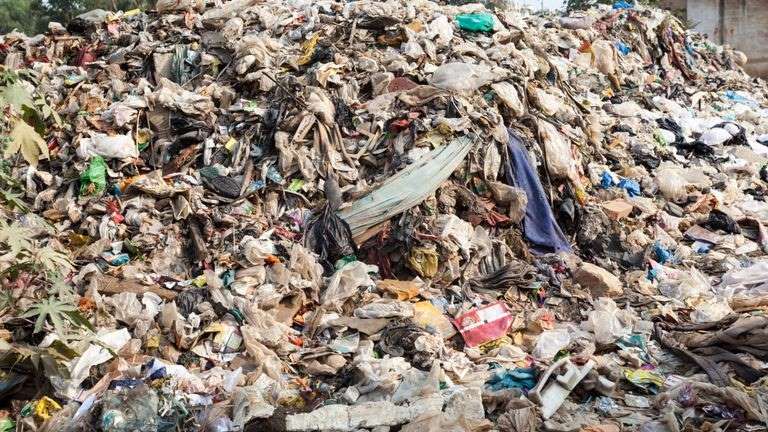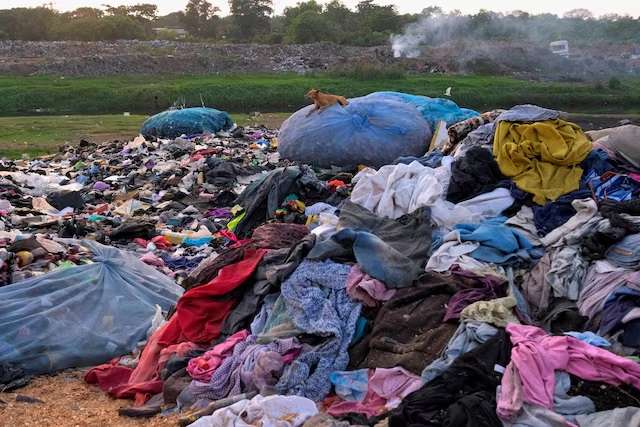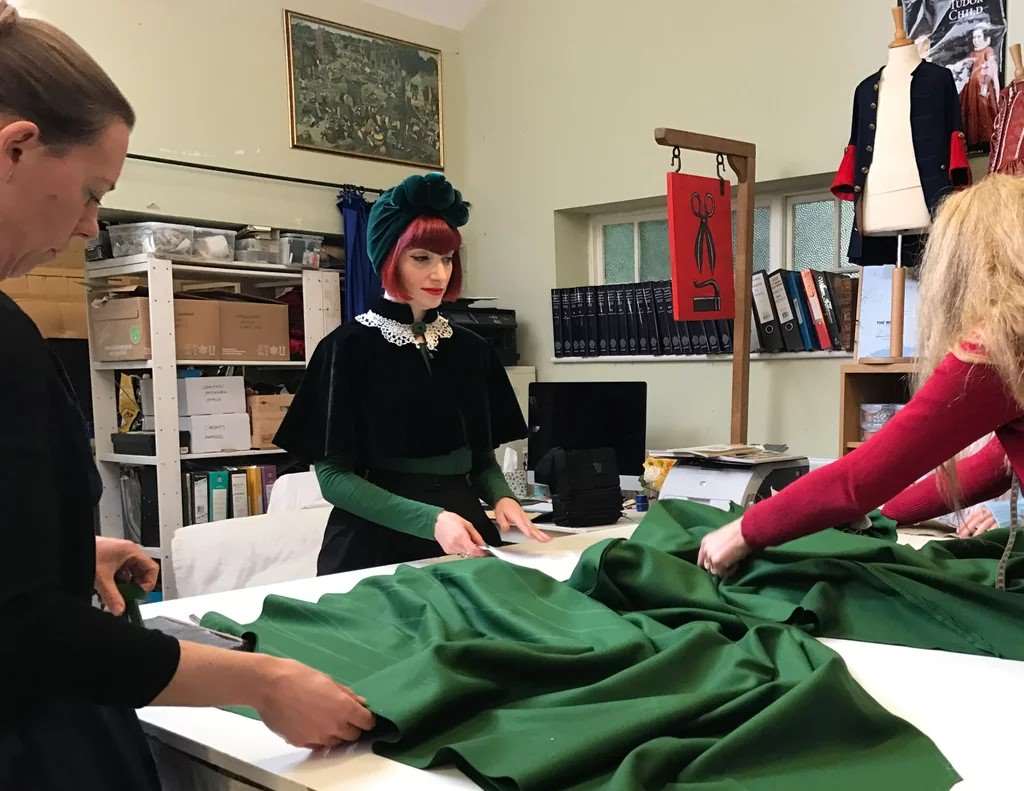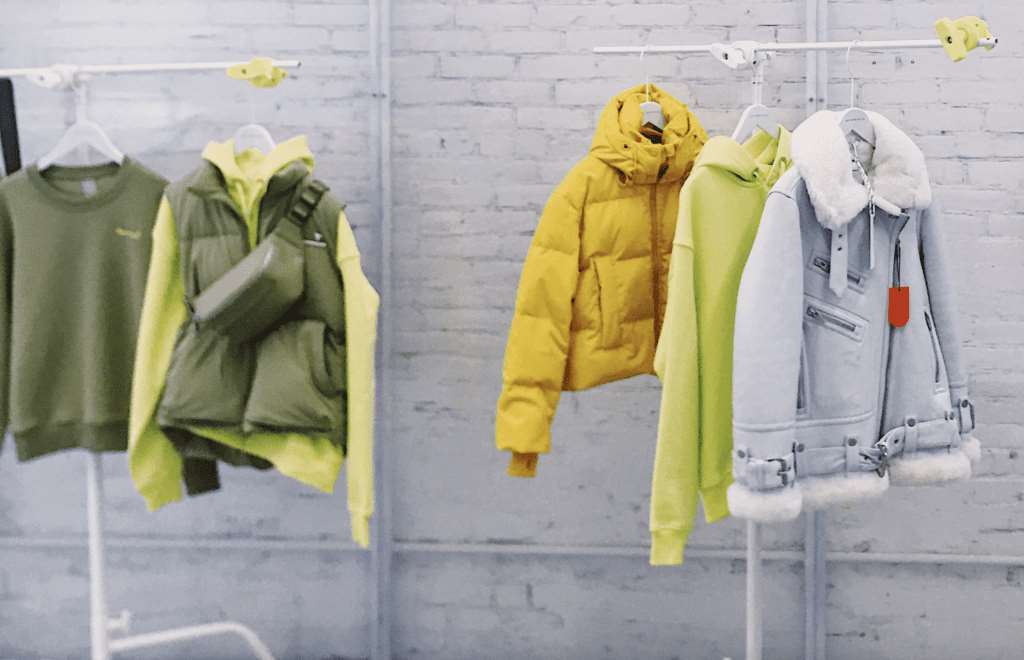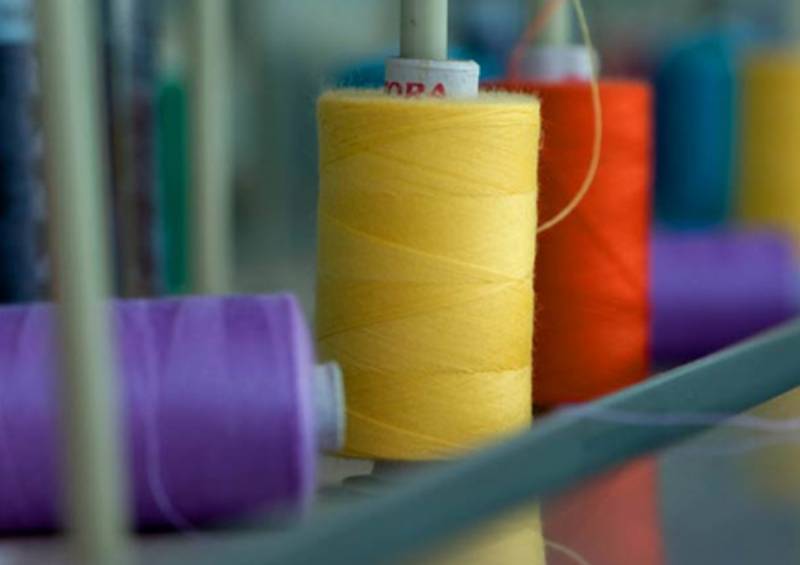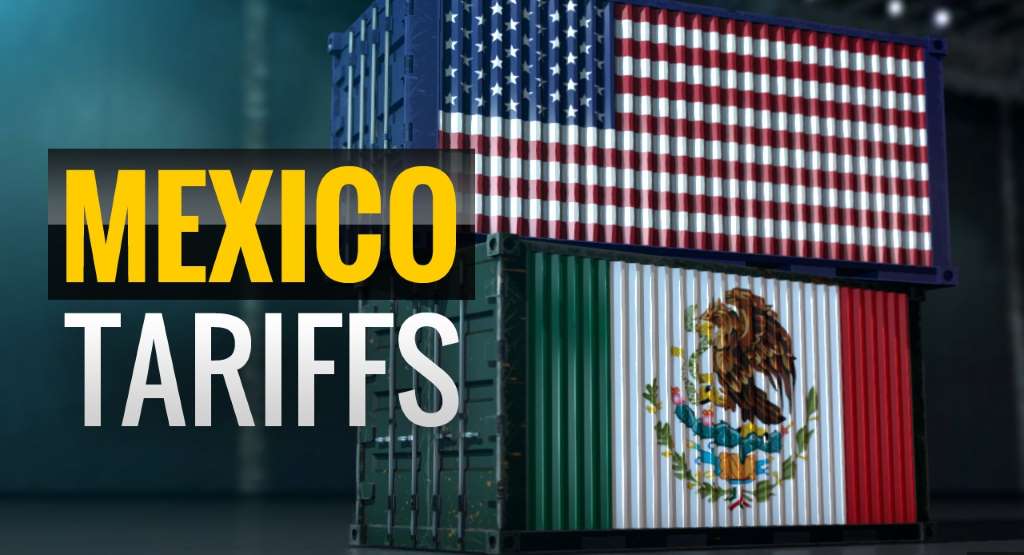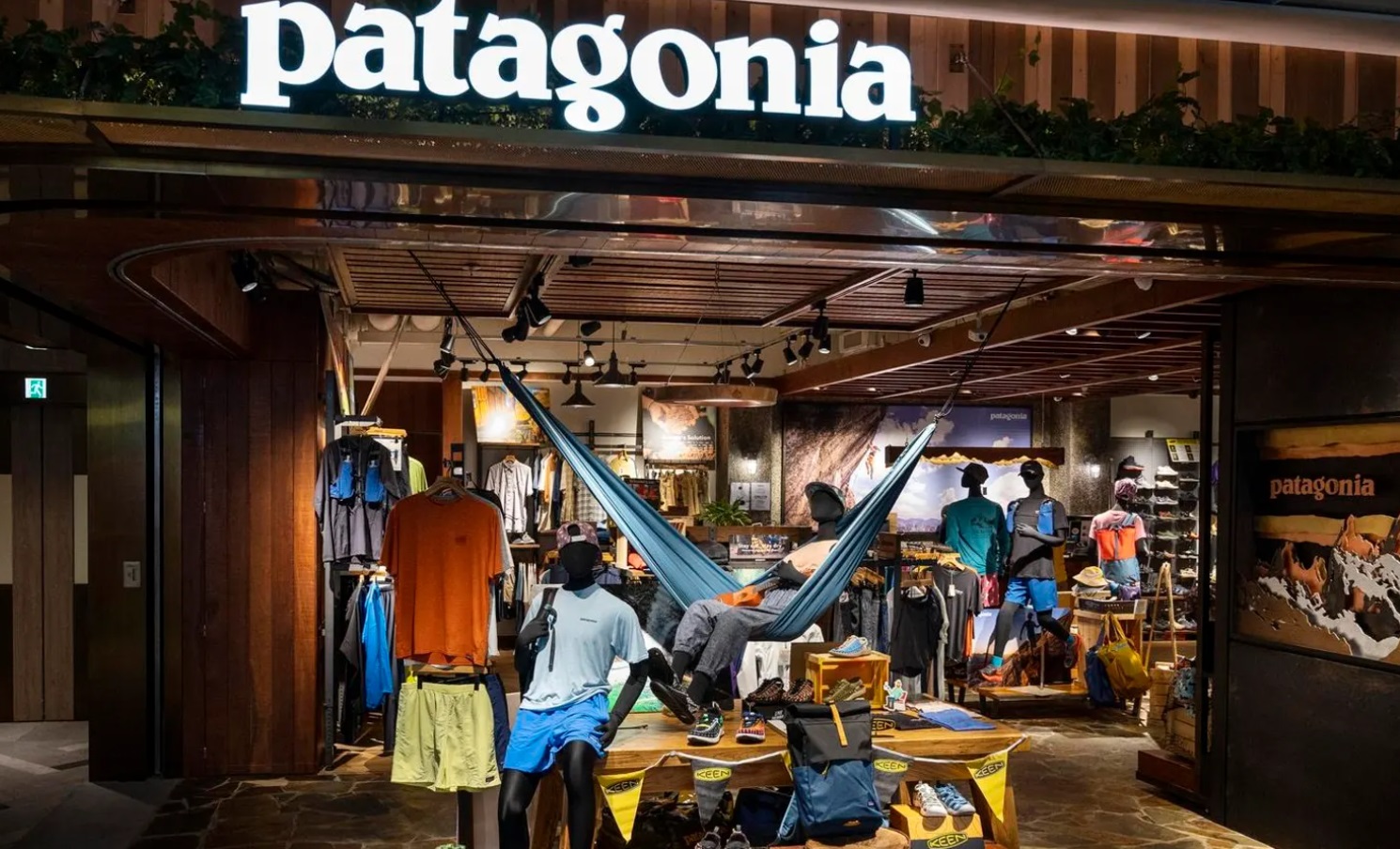FW
The Pakistan government has slashed gas prices for industrial consumers to Rs 500 per million British thermal units (mmbtu) from Rs 702 or $6.68per mmbtu. For export-oriented industries, it cut the gas price to Rs 400 per mmbtu from Rs 600 per mmbtu.
Commenting on this, M Babar Khan, CEO of Multinational Export Bureau, a Karachi-based textile company said he doesn’t think textile exports will show any significant improvement in the coming months despite a 33 per cent reduction in gas price for export-oriented industries. Khan cautioned that the small increase in October export numbers did not mean that textile exports had started recovering. He ruled that fundamentals were still the same for the industry and the slight increase in numbers shows that the country may have received additional support this fall.
However, Khan, whose company’s gas consumption makes up around 70 per cent of the total monthly energy bill, acknowledged that the gas price reduction announced at the end of November would have a positive impact on its earnings. After posting a continuous decline, textile exports from Pakistan showed a marginal increase in October 2016. The country’s textile shipments increased to $1.053 billion in October 2016 up by a mere 0.59 per cent compared with $1.047 billion in October 2015, according to latest available data of the Pakistan Bureau of Statistics.
Textile exports account for more than 50 per cent of total exports of Pakistan and any development related to the textile industry has a visible impact on the country’s overall exports. In the first four months (July to October) of fiscal year 2016-17, the export value of textile and clothing products stood at $4.082 billion, down 4.4 per cent compared with $4.268 billion in the same period last year.
Calvin YM Lam will head the new Association of Textile, Apparel & Materials Professionals (AATCC) Global Membership Office in Hong Kong, China, offering membership services and membership payment in local currency for the convenience of our members in Hong Kong. The office in Hong Kong joins other AATCC Global Membership offices in Bangladesh, Peru, South Korea, Hangzhou and China.
Lam is the Business Development Director of Global Softlines for Intertek. His duties are mainly for both business developments and technical sustainable growth. Earlier he worked in the textile industry for more than 16 years including the areas of textile testing, textile wet processing, visual color evaluation, laboratory accreditation and operation management, new product development, training and consultancy.
Lam recently served in the AATCC Board of Directors as an International Reginal Board Member from Spring 2013 to Fall 2016. He also was a member of the AATCC Executive Committee on Research (ECR) from 2009 to 2011. Lam is currently an Associate Editor for the AATCC Journal of Research.
AATCC is the world’s leading not-for-profit association serving textile professionals since 1921. Headquartered in Research Triangle Park, NC, USA, AATCC provides test method development, quality control materials, and professional networking for members in about 50 countries throughout the world.
In a special meeting, shareowners of Monsanto approved the merger of the company with a wholly-owned subsidiary of Bayer AG. Under the terms of the agreement for merger, the shareowners of Monsanto will receive $128 per share in cash at the closing of the transaction.
Happy at the events, Monsanto chairman and chief executive officer, Hugh Grant said this was an important milestone as the company works to combine two of its complementary companies and delivers the shared vision for the future of agriculture. By bringing together expertise and resources to drive this shared vision, the company can do even more together to benefit growers around the world and to help address broad global challenges like climate change and food scarcity.
On his part, CEO of Bayer AG, Werner Baumann observed that the acquisition of Monsanto is driven by the company’s strong belief that this combination could help address the growing challenges that farmers are facing and the overall agriculture industry today and in the future. Based on a preliminary tabulation of the shareowner vote, approximately 99 per cent of all votes cast voted in favour of the merger.
The transaction is subject to customary closing conditions including the receipt of required regulatory approvals. Bayer, with the support of Monsanto, has now submitted a number of filings, including the U.S. Hart-Scott-Rodino Act filing. Closing is expected by the end of 2017.
The supervisory board of Lenzing AG has approved the investment in a new Tencel fibre plant in the US. This goes after Lenzing, Heiligenkreuz (Austria) and Grimsby (UK), announced their expansion plans. Now, Lenzing plans to construct a state-of-the-art plant with a production capacity of 90,000 tons per year at its site in Mobile, Alabama. The new facility will be the largest Tencel fibre plant in the world that will set a new milestone in the history of lyocell fibres, the company reported.
The investment volume will be worth $293 million. The new plant will utilise latest technological standards and is scheduled to start in the first quarter of 2019. Currently the Lenzing Group has a worldwide production capacity of 222,000 tons per year of Tencel fibres. The new plant will increase capacity by more than 50 per cent by 2019. The decision to build the plant in the US was supported by good infrastructure at the Mobile site with attractive energy costs.
The implementation of Lenzing’s expansion program is essential for driving Lenzing Group’s organic growth agenda. Therefore, it was decided to create a new management board role, pooling together key technical, operational and engineering responsibilities.
Lectra, the world leader in integrated technology solutions dedicated to industries using fabrics, leather, technical textiles and composite materials, has reinforced High Rock Recreation Products, a successful outdoor sportswear supplier to well-known brands such as Mountain Hardware and Haglöfs with its smart digital technology as the company actively builds its domestic made to measure business in step with ‘Made in China 2025’. A guiding principle to upgrade the country’s industries, ‘Made in China 2025’is driving manufacturers swiftly towards smart industrial production and value-added manufacturing. In parallel, mass customization is a burgeoning market in China thanks to blossoming demand from consumers to personalise their garments. Reflecting this demand, Chinese apparel manufacturers are moving from mass production to mass customization.
High Rock Recreation Products, a 50 per cent original design manufacturer and 50 per cent original equipment manufacturer, aims to lock-in intelligent manufacturing and boost its performance in outdoor sportswear’ customisation. By embracing Lectra’s advanced made-to-measure solution and extensive experience in sports and outdoor wear, High Rock will meet key needs to reduce product development cycle time to build a quick response to quotation and to enhance on-time delivery.
Lectra’s solution will also provide High Rock with rigorous end-to-end integrated data to improve business performance notably for cost control and to reduce errors in pattern modification in the growing market for made to measure outdoor sportswear. For High Rock, whose brand spans design, product development and production, Lectra’s finely-tuned MTM technology will help to transform and modernize manufacturing operations, evolving from manual processes to advanced production methods.
Highrock Recreation Products established in 1994 is mainly engaged in ODM processing and R&D services for global first-class outdoor brands. Simultaneously, High Rock has its own brand and national-level feather and down testing center.
The European Parliament is all set to approve a textile agreement with Uzbekistan. This would lead to an increase in textiles imports from the country, despite ongoing concerns about the use of forced labour in cotton harvest. The pact will resolve the final missing element and also further lower tariffs on Uzbek textile imports.
The EU has a free trade agreement with Uzbekistan for everything since 1999 except textiles as it was a sensitive issue in Europe. But since then, textiles have become variably less sensitive because they have less of a textile industry. And so it is no longer sensible to exclude textiles.
Even with absence of an agreement, Uzbek textiles flow easily into Europe because of low tariffs with the category second only to chemical products in EU imports from Uzbekistan, at €38 million last year. The EU is nearly tied with Kazakhstan as Uzbekistan's third-largest trade partner, behind China and Russia. Bilateral trade last year totaled almost €2 billion.
Human Rights Watch, a US-based campaign group, however, blames the Uzbek government of forcing more than 1 million adults to pick cotton at harvest time. Cotton accounts for around 17 per cent of the country's exports and according to trade group Cotton Inc, the country is world's fifth-largest exporter of the fiber. Human Rights Watch and other groups successfully lobbied opposition in the European Parliament to the Uzbek textile agreement ahead of a planned vote in 2011 over the use of child labor in the cotton harvest, with parliamentarians then voting 603-8 against moving forward.
After a degree of slowdown in late 2015-16, Vietnam’s cotton imports have moved upwards again in the first few months of 2016-17. Imports in the period August to November, saw an estimated 18 per cent increase over the same period in 2015-16. This means it imported about 1.6 million bales.
The 12-month total (Dec 2015-Nov 2016) for Vietnam has now reached a record level and is expected to move higher. The United States Department of Agriculture (USDA) has raised the 2016-17 forecast for Vietnam’s imports to 5.0 million bales.
Rising demand is largely due to the fact that there is considerable demand for Vietnam-produced yarn in China. China customs data from August to October show, cotton yarn imports from Vietnam was up 200,000 bales. Vietnam’s spinning sector does not appear to have suffered unduly as a result of China’s internal cotton prices which are substantially lower than global levels. Many analysts expect to see spinning declining in countries that previously benefited from lower Chinese domestic spinning.
In particular, countries like India and Pakistan have experienced substantial decline in yarn exports to China. However, Vietnam’s continuing strong demand is supported by a rise in China’s yarn imports from Vietnam.
US apparel imports are down more than five per cent on a dollar basis for the first 10 months of 2016. On a square meter equivalent (SME) basis, 2016 year-to-date imports fell by 1.4 per cent, indicating a continuing shift toward lower-cost goods compared to the prior year. The cost per SME has dropped by 3.9 per cent so far this year.
China is the largest source of US apparel imports, with a 34.9 per cent share. But even China has lost 1.4 percentage points of US apparel imports so far in 2016, with its year-to-date apparel shipments to the US down 8.3 per cent from the same period last year.
Vietnam continued to gain share of US apparel imports in October. The number two source of US apparel imports after China, Vietnam has gained 0.9 percentage points of US apparel import share, representing 13.4 per cent of total imports.
Bangladesh, which has the third largest share of US apparel imports, saw its share of US apparel imports grow. Indonesia’s apparel shipments to the US are down by 4.2 per cent so far this year, an almost six per cent share. Apparel imports from Cambodia and Pakistan dropped the most of any top ten trading partner so far this year, down around 14 per cent each.
PVH has signed the UN Global Compact and the CEO Water Mandate. Tommy Hilfiger, a PVH brand, has also signed the CEO Water Mandate, which follows its multi-year partnership with WWF International. The American brand signed the mandate to reaffirm its commitment to responsible water use and stewardship.
These businesses have a global sustainable development agenda to improve water stewardship and improve access to clean water and sanitation. In 2016, PVH signed the UN Women’s Empowerment Principles and celebrated the 25th anniversary of ‘A Shared Commitment’, its code of conduct for business partners. The company also launched an enhanced global Corporate Responsibility strategy with 10 commitments that focus on empowering people, preserving the environment, and supporting communities.
PVH believes that by partnering the United Nations through its commitment to the UN Global Compact, CEO Water Mandate and Women’s Empowerment Principles, it can better drive progress in the areas that matter most to its business, industry and the world more broadly.
US outdoor clothing business Patagonia has called upon business leaders to get behind regenerative organic agriculture and refuse to accept green washing or cheaper alternatives. This move would reduce emission of greenhouse gases and help in avoiding environmental catastrophe. The Better Cotton Initiative is among textile standards singled out for not going far enough.
Rose Marcario, President and CEO of Patagonia, claimed that a growing number of corporations, researchers, journalists and practitioners are increasingly using terms such as regenerative, restorativAe and sustainable almost interchangeably without any clear sense of what we're talking about. She also bemoaned the fact that sustainable' claims are combined with conventional (non-organic) farming which defeats the purpose entirely. How can you rebuild soil ecosystems while simultaneously pumping the soil with pesticides and herbicides? she querried.
She cautioned people by saying that one shouldn't tolerate the watering down of agricultural practices that hold potential for enormous benefit to our suffering planet. The risks are too great. Meaningless terms with little or no concrete definition inundate consumers at every turn (even the label 'organic' can be slippery), causing confusion.

